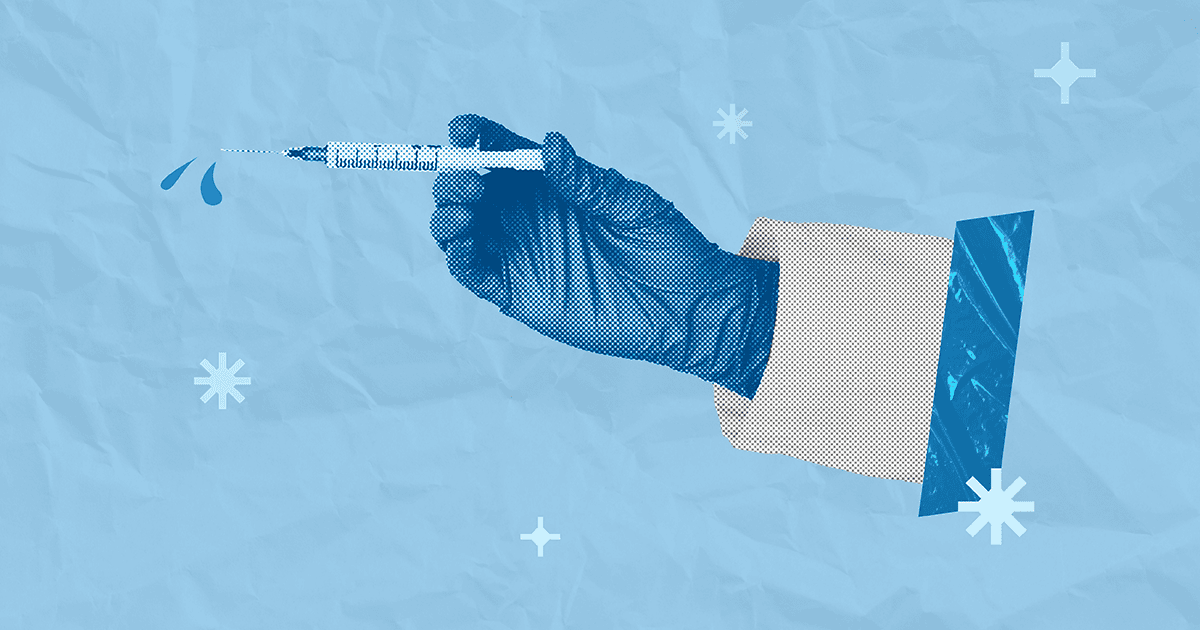Did you know that fruit fly antennal ears share many similarities with human ears?
Keder and colleagues (2020) report on the hearing sensitivity of the fruit fly (Drosophila melanogaster) across its lifespan of approximately 70 days.
Similar to human hearing, with age, hearing of the fruit files declines, with the hearing loss occurring after 50 days of life in the fruit fly.
The researchers, then, examined gene expression at days 1, 5, 10, 25, and 50 to determine what transcriptional regulator or homeostasis genes are responsible for maintaining healthy hearing before 50 days.
The researchers identified four transcriptional regulator genes associated with healthy hearing, all of which are also conserved in human ears. This findings are exciting because they have the potential to support future on novel pharmacological or gene-therapeutic strategies for humans.
Recent Posts
Department of Education Comment Period Closes; Academy Submits Formal Comments on Professional Degree Proposal
The public comment period has officially closed on the U.S. Department of Education’s proposed regulations redefining “professional degree programs” for purposes of federal student aid….
Kentucky Legislature Considers Updates to Audiology Scope of Practice
The Academy recently submitted a letter to the Kentucky House Standing Committee on Licensing, Occupations, and Administrative Regulations regarding House Bill 444 (HB 444), legislation…
Vaccination of Older Adults in the United States
In the United States, this time of year tends to coincide with cold and flu season. As such, it seems timely for us to review…


